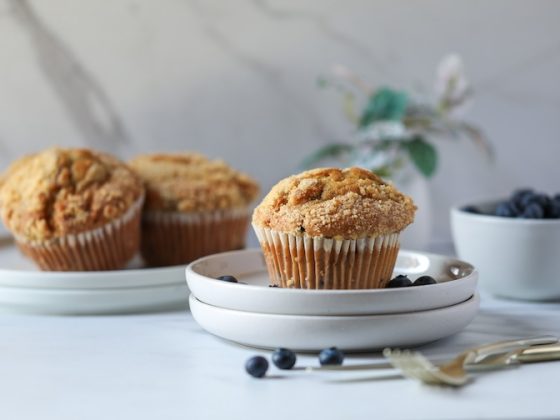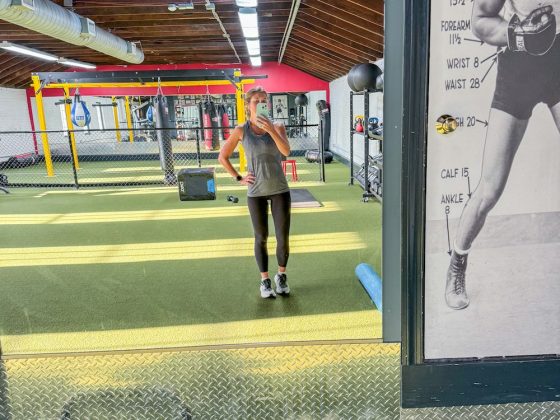If you haven’t been feeling like you’re in tip-top shape lately, there could be a myriad of factors to blame. With the slow return to normalcy, your routine and schedule may be shifting dramatically once again, you may be working more or having to work differently. There’s the stress of relearning how to socialize and be around groups, or the physical toll of many more nights out drinking and eating than you’ve had in a long time. Mental health challenges heightened during the pandemic that haven’t gone away, and perhaps new life stresses with finances or medical appointments. Needless to say, if you’re not feeling amazing, you’re probably far from alone.
A lot of these stresses, anxieties and health tolls can result in an increase in two key things most adults experience either sometimes or often: headaches and fatigue. So if you’re having more headaches than normal, or feeling totally exhausted and drained every day, here’s a simple place to start: some things you can drink to feel better, and some you should avoid to improve your wellness.
Drink More…
- Tea! Possibly the best asset for fighting headaches and even migraines, things like green tea, feverfew tea, ginger tea, and peppermint tea all have their own widely touted benefits in this arena. While high amounts of caffeine, like in coffee or energy drinks, can trigger a migraine (as can withdrawals from high amounts of caffeine), lightly caffeinated green tea can be a great in between option and is also said to alleviate headaches. Peppermint is a widely used natural treatment for heacahes and migraines, so drinking it in tea form tends to have great results. Ginger tea is another caffeine free option that soothes, and also has benefits for relieving nausea caused by migraines.
- Water. It’s not exciting to hear, but drinking plenty of water will keep you from having dehydration-related headaches, and it’s also a surefire way to fight off your fatigue. Sip water throughout the day, including when you wake up, before meals, and before exercising, and swap out some of your other sugary drinks for water and you’ll quickly feel more refreshed. If you don’t drink much water because it’s boring, add some fresh fruits to your glass for infused waters that taste more interesting and even have a few added vitamins.
- Grape juice or grapefruit juice. Magnesium is considered a critical mineral for your body, and is particularly linked to reducing migraines. You can take magnesium supplements, but if you want to naturally increase your intake, drink a small glass of grape or grapefruit juice, which each contain ample servings. (You can also eat more greens, nuts, and seeds, other good sources.)
Drink Less…
- Alcohol. Yes, it’s not fun to hear, but you probably knew it was coming. For a lot of people with headaches and migraines, alcohol, or even particular alcoholic drinks, can be triggers. Pay attention. If you always get a headache after a glass of wine or a vodka drink or something else in particular you may be sensitive to that drink. If you have headaches every time you drink, it may be time to take a break for your body’s wellbeing. (On top of that, alcohol also tends to worsen that fatigue you’ve been struggling with.)
- Coffee and super-sweetened caffeinated drinks. Yes, in theory coffee helps you be more alert, but some people actually experience the opposite. Coffee can definitely increase your fatigue, either because you’re having too many (sending you to the bathroom more, causing dehydration, and thus fatigue or headaches. Ouch.), or loading yours up with too much sugar, or sending your body into withdrawal whenever you don’t have a cup. The same goes for energy drinks loaded with sugar and caffeine. They’ll probably make you alert for a while, but you’ll feel more fatigued later (and maybe get a nasty headache.)










